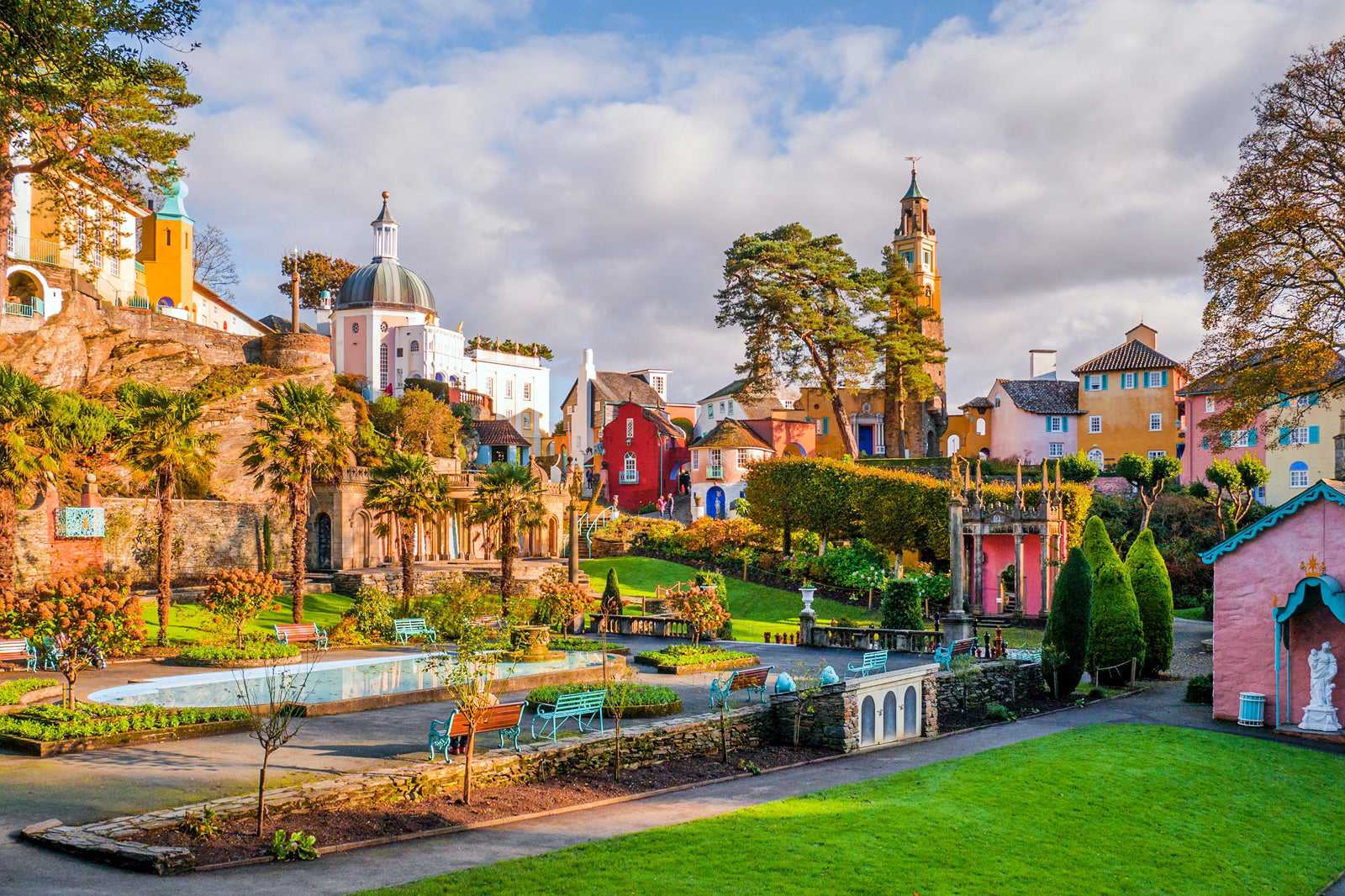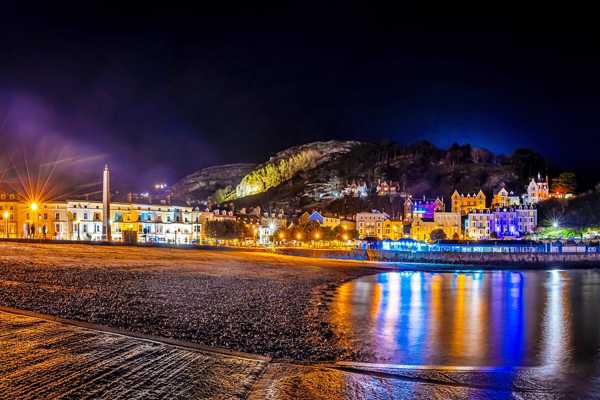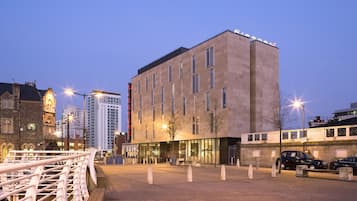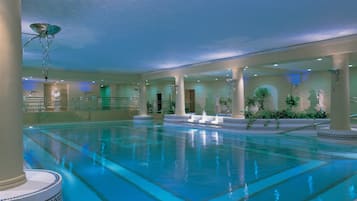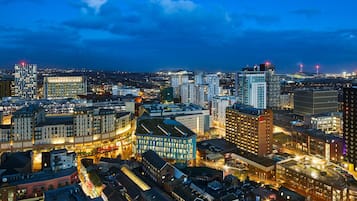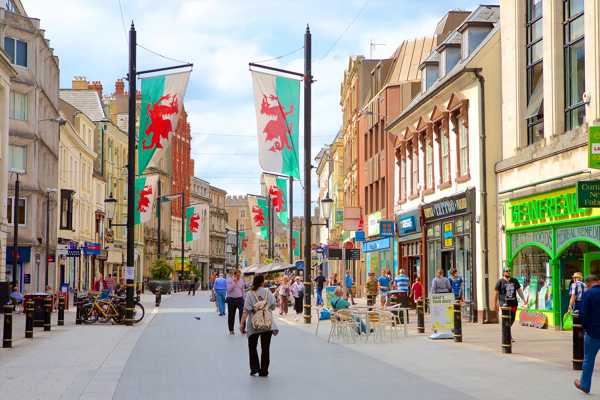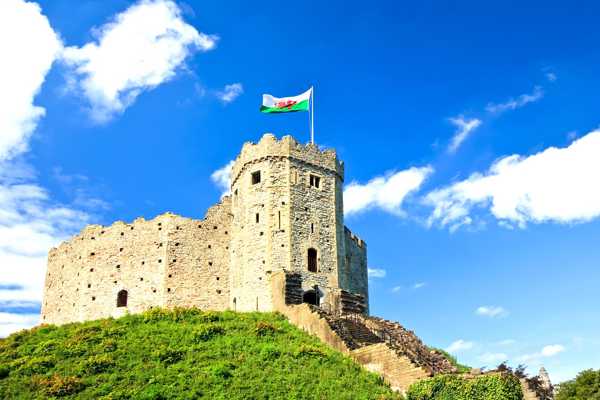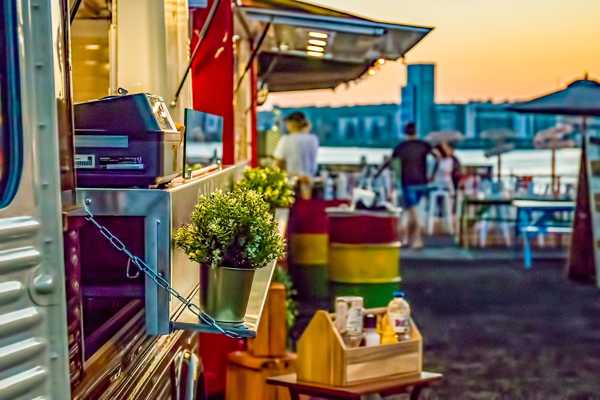Wales is a land steeped in myth and folklore with picturesque villages to explore. From the mist-haloed mountains of the north to the wave-splashed bays of the south, Wales offers tales of dragons, Celtic kings, cockle pickers and coal miners. To really experience the country and its roots, there's no place to go but the humble village.
Small towns and hamlets all over the nation offer a glimpse into the history and culture of Wales that the bigger cities simply can't muster. Some are stunning seaside clusters of cottages and taverns. Others are crazy collections of Italian and Spanish architecture that border on the downright bizarre. You'll find all sorts in our guide to the most picturesque villages in Wales.
- 1
Beddgelert
Legends and myths in the Welsh mountains

- Macera
- Fotoğraf
Beddgelert is huddled deep between the craggy mountains and sheep-speckled valleys of the Snowdonia National Park, some 30 minutes' driving from the castle town of Caernarfon. Copper mines and ancient hill forts surround it, but it's the soaring peak of Wales' highest mountain – Snowdon – that really draws the crowds.
For the Welsh themselves, Beddgelert is perhaps best known for its central place in the folklore legend of Gelert the dog. Today, you can head to the grave of that famous hound on the outskirts of the village to hear a tale of melancholy and loyalty. In the centre, check out the centuries-old Royal Goat Hotel for post-hike refreshments.
Harita - 2
Portmeirion
Explore Italian mansions up north

- Tarih
- Fotoğraf
- Sıra dışı
Portmeirion is the curious creation of British architect Sir Clough Williams-Ellis. He forged this village of follies and odes to all sorts of architectural styles in the heart of Gwynedd between 1925 and the 1970s. To arrive, aim for the estuary of the River Dwyryd on the main A487 on the way out of the beautiful Snowdonia National Park.
Start the day on the central piazza, where Italianate mansions mingle with gothic towers and European baroque façades. Topping that off are arboretums of palm trees and pines, fairy-tale Battery Square and the Germanic Pantheon. It's all enough to make you pinch yourself to check if you're still in North Wales.
Harita - 3
Llangrannog
An old church by the salty sea

- Fotoğraf
Llangrannog is a village that clutches the Ceredigion coastline as it bends south-west along the waters of St George's Channel. Most people visit on a day trip from the nearby resort of New Quay, but the market town of Cardigan is also under half an hour's drive away.
The village is bisected by the babbling River Hawen as it trickles in from the inland hills of Wales to meet the sea. Both banks are green knolls topped with oak trees and gorse, which frame a charming selection of pastel-painted cottages right by a narrow beach filled with pebbles and sand. St Carannog Church keeps watch over the entrance to the village, with its lichen-spotted graves of old Celtic bards and seafarers.
Harita - 4
Tintern
Discover one of the UK's most stunning monastic ruins

- Tarih
- Fotoğraf
The village of Tintern hides in a dip in the Wye Valley, just a short distance from the English-Welsh border. A swirl of low hills dashed with pine woods and farm fields encompasses the small place, while a clutch of stone-faced pubs with high chimneys and welcoming Welsh menus occupies the centre.
But there's something else here that keeps the camera-toting visitors flocking in. That's Tintern Abbey, a now-ruined monastic site that dates all the way back to the 1,100 AD. Today, it's Grade-I listed complex, displaying glorious buttresses and Gothic apses, along with cloisters and sleeping quarters once used by the resident monks.
Harita - 5
Port Eynon
A taste of the south coast seas

- Macera
- Aileler
- Fotoğraf
Port Eynon is a village in Swansea that was once a booming oyster port and salt farm. You can still find the traces of its past in the ruined Salt House and rock pools built into the centuries-old harbour wall. The small village, some 35 minutes' drive from Swansea, is one of the most popular summertime escapes on the glorious Gower Peninsula.
A couple of quaint pubs and charming cafés meet right on the edge of the sea here. There are also classic fish-and-chip shops next to stalls selling the ubiquitous buckets and spades. When the weather's warm, people enjoy the sandier beach up by Horton to the east. In winter, many take the scenic headland hikes above Culver Hole.
Harita - 6
Solva
Walk and wander a lovely Pembroke fishing village

- Macera
- Fotoğraf
Solva is a pint-sized Welsh village that's tucked into the wonderful Pembrokeshire coast on the north side of St Bride's Bay. The character of the town changes entirely as the tide washes in and out. When the water's high, it sloshes around the quaysides and the pubs. When it's low, it reveals a muddy estuary filled with crawling crabs and beached fishing skiffs.
The scenic walks around Solva are second to none if you like bracing sea treks. The Pembrokeshire Coast Path wiggles to the east and west past dramatic headlands. In one direction, you can find the hidden sands of Porthmynawyd Beach. In the other, you can look for porpoises swimming around Caerfai Bay.
Harita - 7
St Fagans
Discover the richness of Welsh history and culture

- Tarih
- Fotoğraf
St Fagans is a village west of Cardiff where you can take a trip back in time to the Wales of old. The village itself sits only a short jaunt from the hubbub of the modern capital, around a 20-minute drive down the A roads from the heart of Cardiff. It's known as a well-to-do suburb of the city, but also as the home of the acclaimed St Fagan's National Museum of History.
Head there and you'll be immersed in Welsh culture and heritage through the ages. There's a recreation of a 19th-century mining terrace, along with old schoolhouses and farmhouses, many of which are listed buildings. At the centre of it all stands St Fagans Castle, its origins dating back in the 1,200s AD.
Harita - 8
Merthyr Mawr
Charming church gardens amid rolling dunes

- Tarih
- Fotoğraf
Merthyr Mawr spreads across the Ogmore River just outside of Bridgend, only a short detour off the M4 motorway as it heads westwards towards Swansea. Compact and quaint, the village is a speckling of cottages that sport thatched roofs and flower-blooming gardens.
Sights you won't want to miss include the gorgeous Merthyr Mawr Church. It dates all the way back to the Middle Ages and has a cemetery that comes alive with bluebells in the spring months. Meanwhile, the nearby Dunes of Merthyr Mawr Warren are home to some of the highest sand hills in Wales, not to mention the ruins of Iron Age forts and crumbling castles.
Harita - 9
Rhossili
Brace the winds at the end of the Gower

- Macera
- Tarih
- Fotoğraf
The small village of Rhossili clutches a rugged headland like a limpet at the very end of the Gower Peninsula. It's precisely the sort of village you'd expect to find capping off an Area of Outstanding Natural Beauty. Just take St Mary's Church at its centre, with its 13th-century walls and memorial to seaman Edgar Evans, who accompanied Royal Navy officer Robert Falcon Scott to the South Pole.
Just below Rhossili, it's hard to ignore the great 5-mile sweep of sand that is Llangennith Beach. That's one of the best surf spots in all of Wales. The stunning Worm's Head is a tidal island where groups of seals are regularly spotted by intrepid coast walkers.
Harita - 10
Porthgain
A great place for classic Welsh seafood

- Aileler
- Fotoğraf
Porthgain is a small hamlet that's considered one of the best-kept secrets of the Pembrokeshire Coast National Park. You'll find it wedged into a narrow crack in the West Wales shoreline, around 15 minutes' drive from St Davids. There, it unfolds around a charming harbour where the water gleams a Greek shade of blue whenever the sun shines.
Behind the quays is a peppering of small inns and bistros that have garnered a reputation for selling top-notch Welsh seafood. Meanwhile, the nearby Pembrokeshire Coast Path offers access to the so-called Blue Lagoon, a striking swimming spot housed in an old slate quarry a little to the east.
Harita - 11
Hay-on-Wye
Crack a book at the Hey Festival
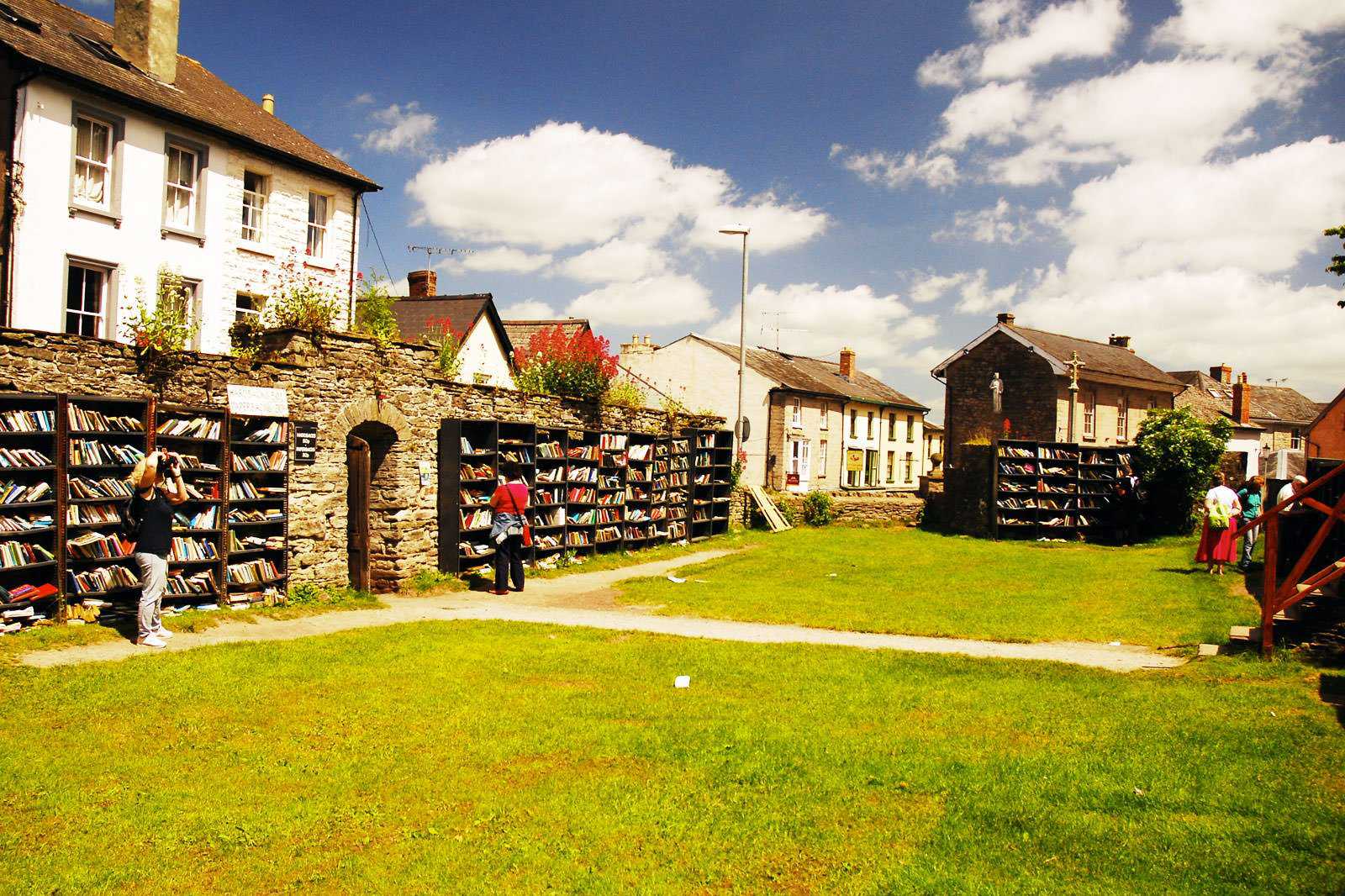
- Aileler
Hay-on-Wye is a tiny riverside village right on the Welsh-English border that's very charming and pretty. It’s also a book lover's paradise. It is home to numerous second-hand book stores and the annual Hay Festival, which has rapidly grown from a tiny village fete to one of the biggest literary events of the year. The festival attracts big-name authors and readers by the thousands for the 10-day event around the end of May.
The village itself has a beautiful rustic, rural look – the perfect example of a typical Welsh village, with a small historical castle and a few local pubs.
Harita - 12
Llanfairpwllgwyngyllgogerychwyrndrobwllllantysiliogogogoch
A name so long that it breaks our website...
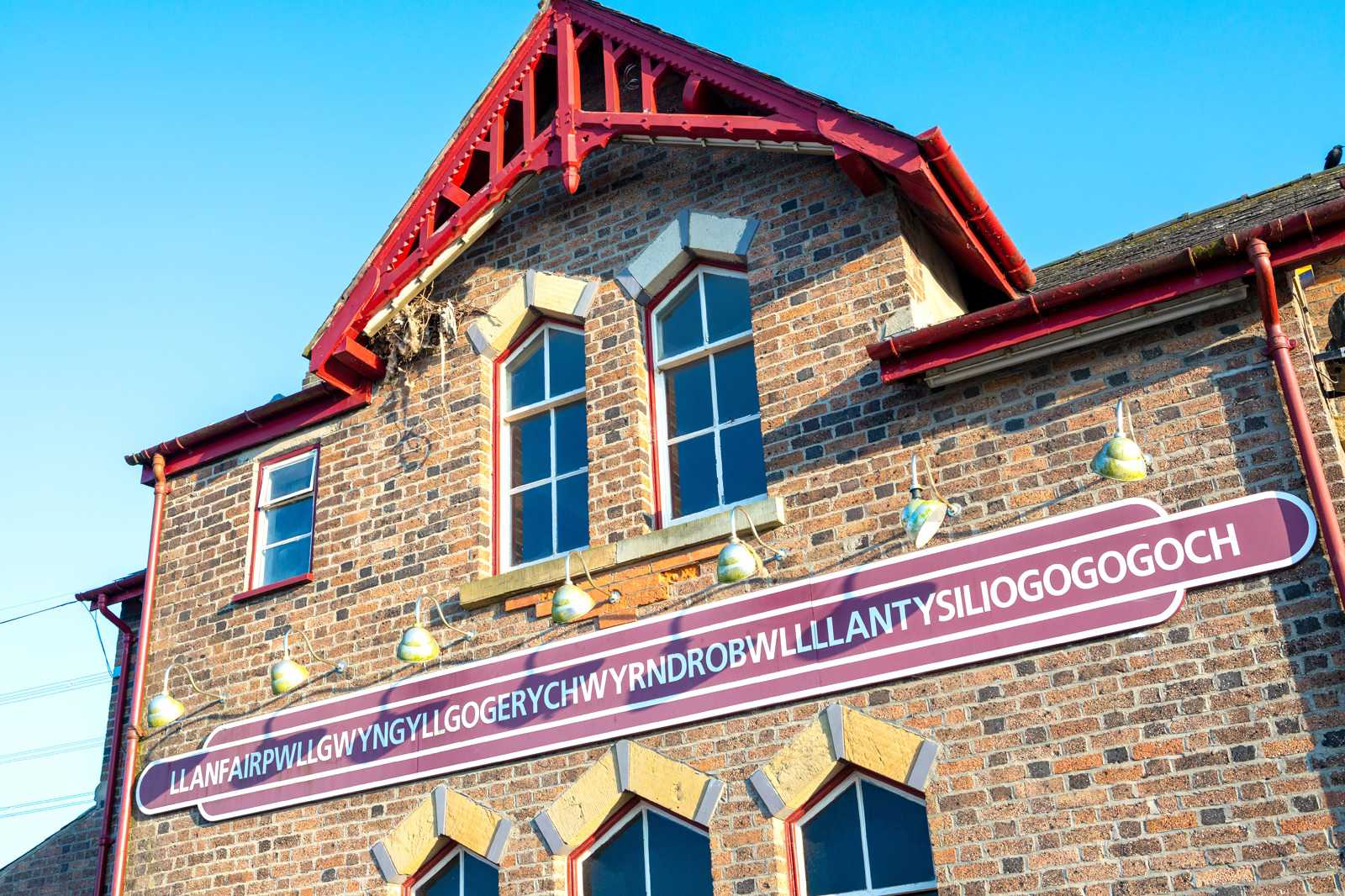
- Ekonomik
- Fotoğraf
- Sıra dışı
This Welsh village holds the undisputed title of the longest name in the UK and one of the longest in the world. The village itself is extremely unremarkable, being little more than a collection of houses, a couple of pubs, a post office and a train station. It’s fun to visit anyway, just for a selfie by the ludicrously long road signs.
There’s also an old church, which gives the villages its remarkable name. The translation from Welsh is: “St Mary’s Church in the hollow of the white hazel near to the rapid whirlpool of Llantysilio of the red cave”. Usefully, the train station sign shows the 58-letter name written phonetically, so you can try pronouncing it yourself.
Harita
